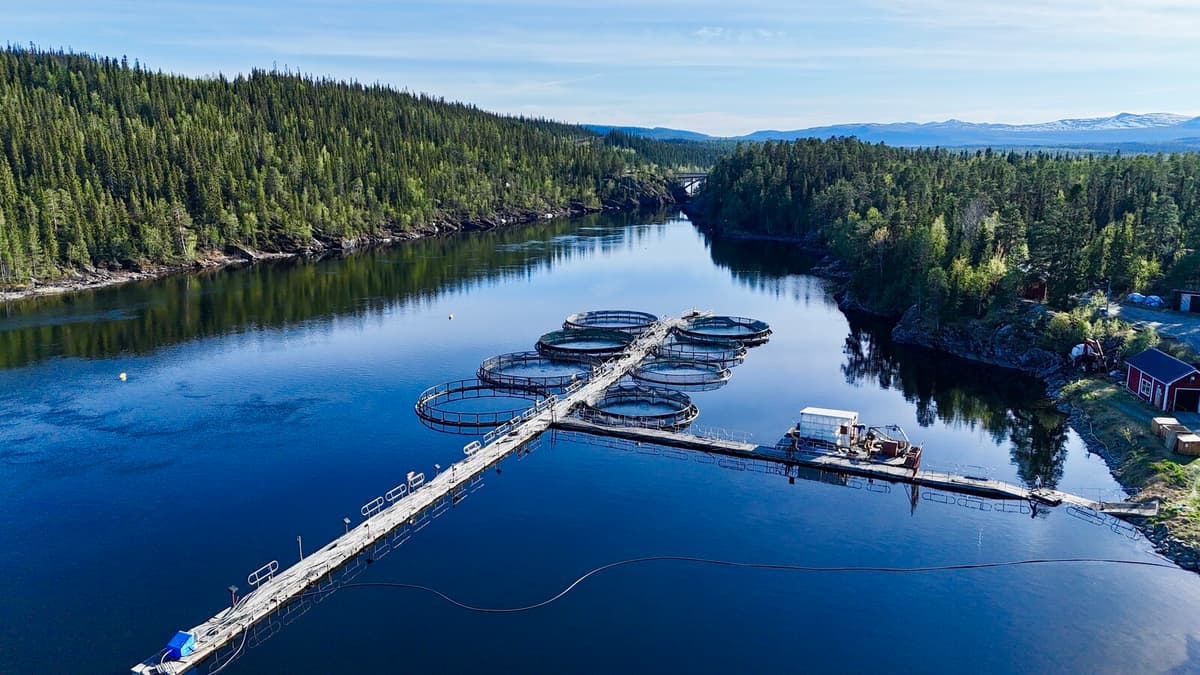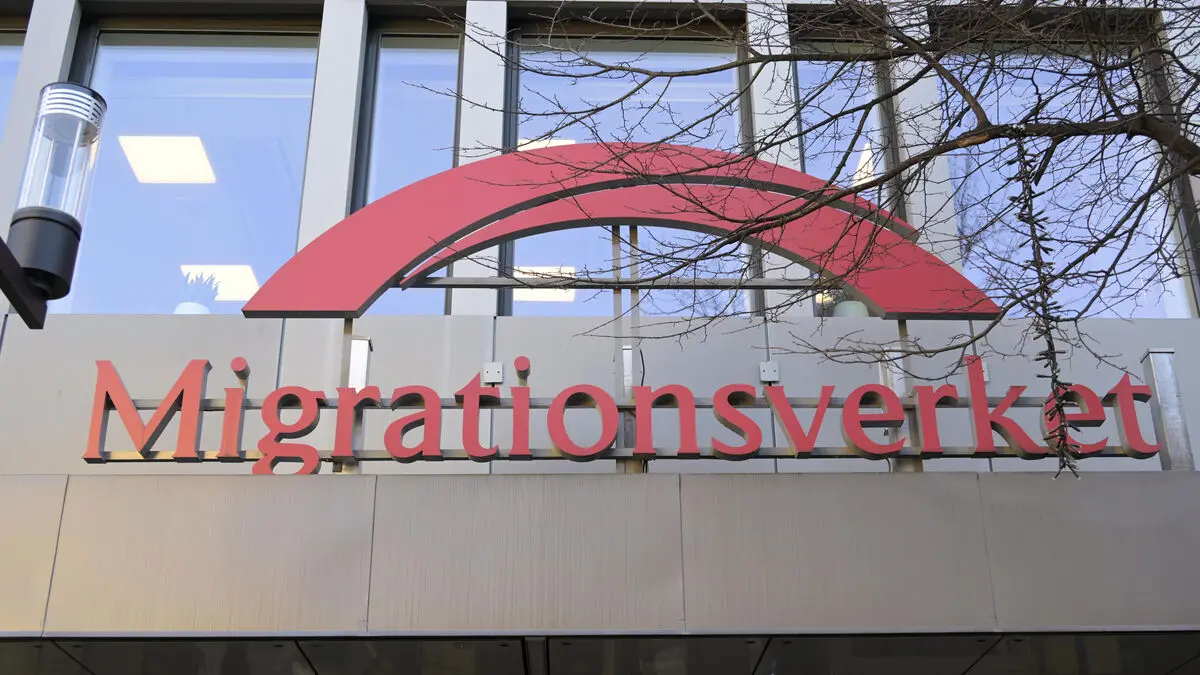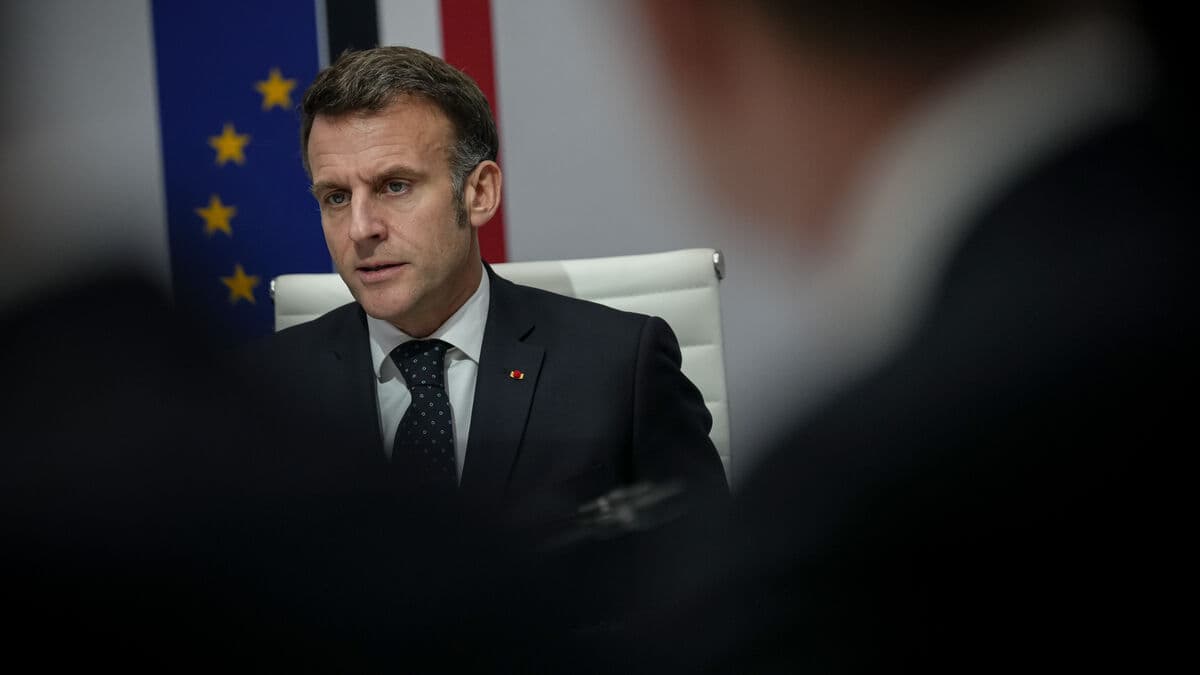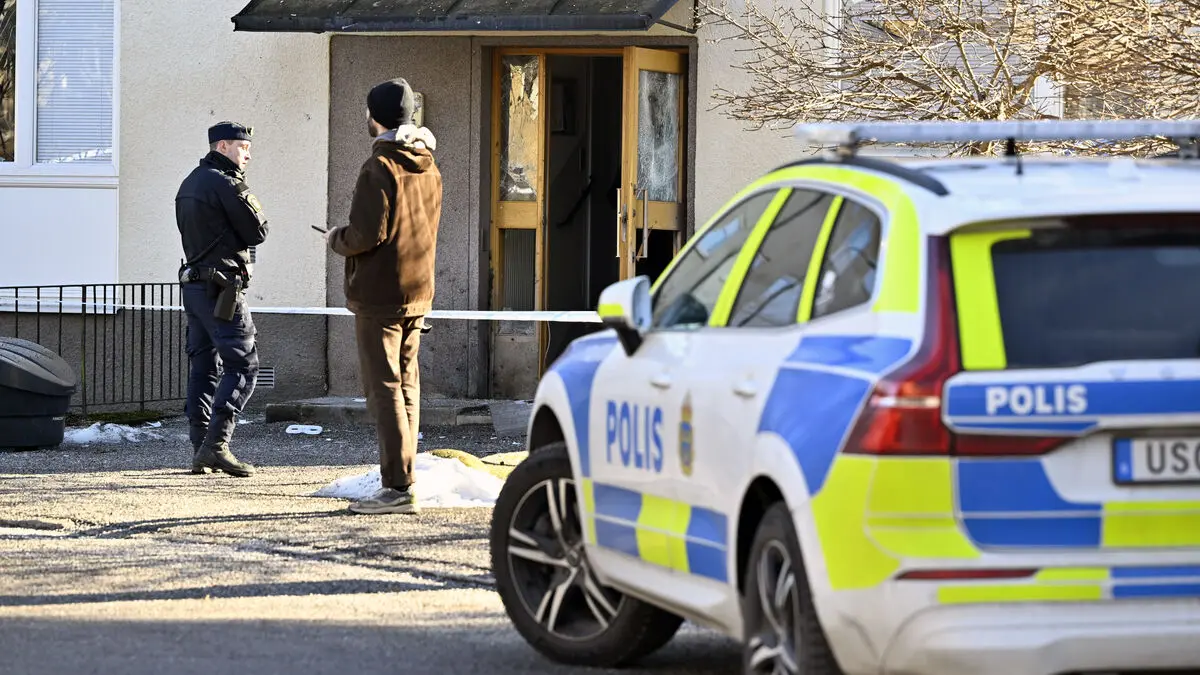Swedish food fish farming has long struggled in the shadow of the Norwegian salmon miracle. The government now wants to facilitate this by removing one of the requirements for obtaining a permit to start food fish farming.
Sustainable water management can increase the production of fish, shellfish, molluscs and algae without major negative effects, says Rural Minister Peter Kullgren (KD) to TT.
Emanuel Nygren, CEO of the food fish company Umlax, welcomes the initiative.
It's about time this is being addressed. In a way, it's tragic that it takes unrest in the world for people to realize that domestic food fish is needed as food security, he says, but believes that permits must also be extended.
Short time for permits
In Sweden, you get a permit to run food fish farming for about ten years. It is often appealed, which can lead to lengthy legal processes.
Then it takes four years to build up a farm and slaughter the first fish. You can barely start farming fish before you have to apply for a new permit, says Emanuel Nygren.
While Norway has access to large amounts of water, fish farmers in Sweden are referred to production in freshwater and brackish water.
The Gulf Stream means that Norway can slaughter and deliver fresh fish all year round. We in Sweden have only recently had the opportunity to do so, now that we have the technology to handle slaughter during the winter, says Emanuel Nygren.
There is potential for Sweden to become self-sufficient in fish, he believes, and sees waterways in the north as suitable cultivation areas.
However, fish farming in cages and seas can lead to eutrophication of the water. But hydroelectric power plant constructions have drained several lakes and waterways and made them nutrient-poor, according to Emanuel Nygren.
Wild fish goes to feed
Inger Melander, an expert on fishing and market at the World Nature Fund WWF, gives a different picture. Even in nutrient-poor environments, fish farming can affect the existing ecosystem, she believes.
A large part of the wild catch also becomes feed for farmed fish, she emphasizes, despite the fact that food fish farmers try to use vegetable ingredients.
We easily blame Norway for how their salmon farms vacuum the Baltic Sea for fish. Our fish species are challenged with the same feed.
Certainly, Swedish farmed fish should be able to contribute to food supply, she believes.
But the farms should be on land, in closed systems and have plant-eating fish species, such as tilapia and carp, or mussels and oysters.
Ebba Blume/TT
Facts: Food fish farming in Sweden
TT
In Sweden, around 10,000 tons of fish are farmed annually. The number of facilities for food fish farming has decreased in recent years from around 60 to about 40, according to SCB statistics.
These are mostly open facilities, but there are a few land-based farms.
A majority of all fish farmed in Sweden is sold and processed via Åland.
Breeding fish is not slaughtered but saved and milked for roe every autumn. Each male/female can be used for many years for breeding.
The most common way to farm food fish is in so-called cages. This means that the fish is farmed in large or small net cages in a lake or along a coast. The farmed food fish is usually raised in streams, lakes or seas.
Rainbow trout, char and grayling are the most common farmed species.
Sources: Food fish farmers, Umlax and WWF.






